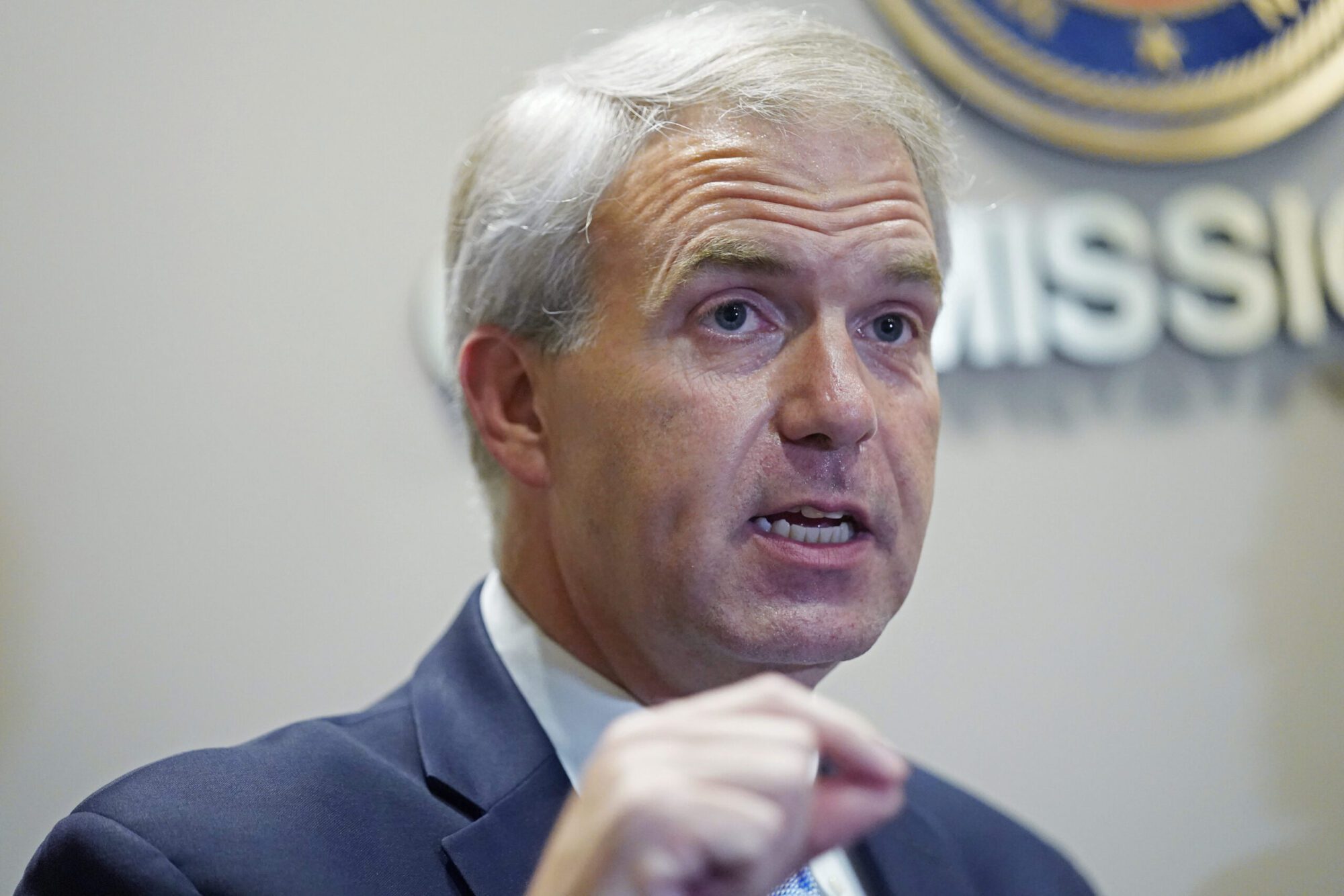
Sid Salter
Voters are free to choose to vote in either Democratic or Republican primaries but can’t vote in both and can’t cross the party line in second primaries if they voted in the first primary.
One factor that surfaced in the hotly-contested Mississippi Republican primary election for lieutenant governor between incumbent GOP Lt. Gov. Delbert Hosemann of Vicksburg and challenger State Sen. Chris McDaniel of Jones County was Mississippi’s open primary laws that continue to allow so-called “crossover” voting.
After McDaniel lost the 2014 GOP second primary race to the late longtime Republican U.S. Sen. Thad Cochran, the challenger told all who would listen that Cochran’s victory stemmed from Democratic voters who had no intent on supporting the Republican nominee voting in the GOP second primary just to beat him.
McDaniel told CBS in 2014: “We have a statute, a law in our state that says you cannot participate in a primary unless you intend to support that primary winner in the general. [Democrats who voted for McDaniel] have no intention to do that, they’ll be voting for [Democratic nominee] Travis Childers in November. We know that, they know that, and so that makes their actions illegal.”
But outside of McDaniel’s political camp, that argument never got any real traction.
CBS reported: “Mississippi law allowed anyone who did not cast a Democratic ballot on June 3, 2014, to cast a Republican runoff ballot. McDaniel and his supporters previously cited a defunct Mississippi law – effectively invalidated by the courts – that requires primary voters to support a party’s nominee in November. That would bar Democrats from supporting Cochran, the McDaniel camp argued. Mississippi elections officials confirmed before polls opened that the law is functionally unenforceable.”
Fast forward to Tuesday, August 8, 2023. There were open declarations by any number of proud Democrats on social media that they intended to vote in the GOP second primary simply because they legally could and that doing so functioned as a roadblock to McDaniel.
While considered an open primary state, Mississippi state law continues to allow limited “crossover” voting. Federal court rulings on Mississippi’s primary election laws are that crossover voting is allowed unless the voter “crossing over” makes a declaration to the poll workers of his intention not to support the nominee of the party primary in which he or she is voting.
In other words, how does a poll worker establish a voter’s intent without the voter’s assent or cooperation? How does one legally compel voters to statements of intent? Therefore, it is a misnomer to claim that Mississippi has either an “open” or “closed” primary system. It doesn’t. What we have is a mixed primary system under state law.
That’s what McDaniel and his supporters complained about in 2014 and again on Tuesday night – that Democrats could vote in the GOP primary in Mississippi and vice versa.
What Mississippi has is neither of those two systems. Mississippi voters do not have to register with a party, but the law requires they must intend to support the party nominee if they vote in that party’s primary election.
Voters are free to choose to vote in either Democratic or Republican primaries but can’t vote in both and can’t cross the party line in second primaries if they voted in the first primary.
But in practice, current state law puts poll workers in the improbable position of serving as mind readers at best and profilers at worst. The Fifth U.S. Circuit Court of Appeals held that crossover voting is allowed under Mississippi law and cannot be successfully challenged “unless the voter comes in and ‘openly declares that he or she does not intend to support the nominees of the party.’”
McDaniel is not the only candidate complaining. Fellow GOP challenger Michael Cassidy lost a tight 2022 GOP second primary race to incumbent U.S. Rep. Michael Guest. In defeat, Cassidy promptly accused Guest of “coordinating with Democrats to rig” the second primary.
But in that race, as in McDaniel’s lost campaigns, the Mississippi Legislature and the state’s electorate have yet to act to close the state’s very legal “crossover” voting pathways. Purity politics continues to be a political non-starter in Mississippi.
If there are supporters of closed Mississippi primaries down at the Capitol, they’ve either been very quiet or very ineffective in efforts to implement such laws.








